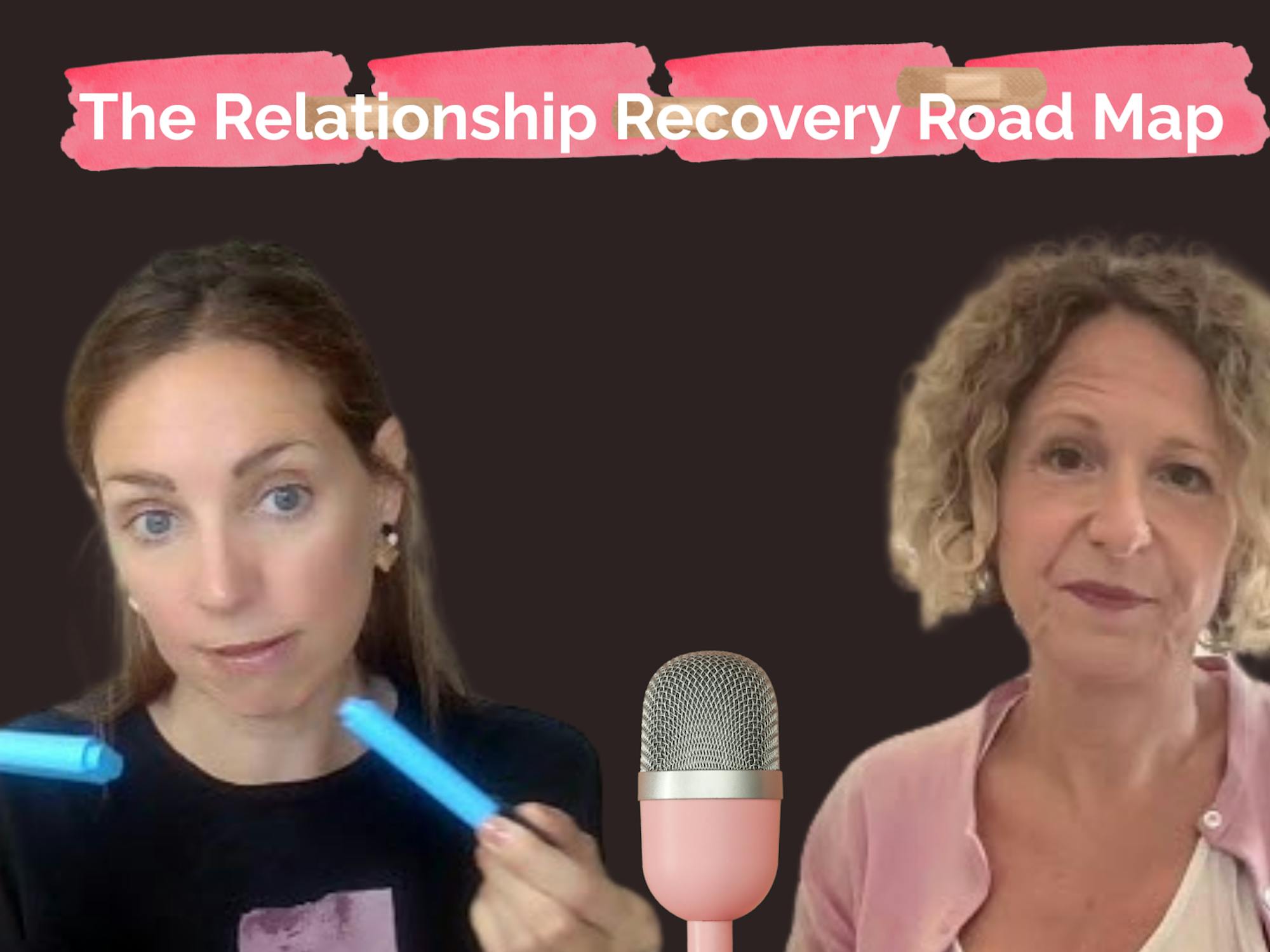
When Conversations Feel Unbalanced
A typical healthy conversation has a natural back-and-forth flow, with each person contributing about 50% of the dialogue. However, when one partner has a narcissistic style, they often take up far more than their fair share of the conversation, leaving the other feeling unheard and emotionally depleted.
Have you ever been in a conversation where it felt impossible to express yourself? Like every time you tried to speak, you were interrupted, dismissed, or overshadowed? This imbalance can be incredibly frustrating. Over time, it can lead to resentment, emotional exhaustion, and a loss of personal identity.
Can It Ever Work?
Surprisingly, some people find ways to adapt. If one partner naturally prefers listening and speaking less, they might not mind the imbalance. For instance, someone who enjoys absorbing information, supporting their partner, or avoiding the spotlight might be comfortable taking a backseat. In such cases, the relationship may function without significant friction—at least in the short term.
However, this dynamic is rarely sustainable. Over time, the listener may start to feel undervalued, unheard, and emotionally drained. The relationship becomes less about mutual growth and more about one person feeding the other’s need for validation and control.
The Hidden Toll of Narcissistic Relationships
Partners of narcissistic individuals often find themselves in a perpetual state of emotional labour - constantly uplifting, reassuring, and making the other person feel important. This is because narcissistic individuals often crave admiration and validation, needing constant reassurance that they are successful, competent, or superior.
Unfortunately, this dynamic leaves little room for the emotional needs of the other partner. If you’re always giving and rarely receiving, you might start to feel invisible in your own relationship. Over time, this imbalance can take a severe toll on self-esteem, personal happiness, and overall well-being.
Why Do People Stay?
Despite the emotional toll, many people remain in unbalanced relationships. Why? The reasons are often practical rather than emotional. They might stay for financial stability, shared responsibilities, or the well-being of children.
Common reasons include:
- Children: Parents may stay together to co-parent, believing it’s best for their kids.
- Financial Dependence: Sharing a mortgage, rent, or bills can make leaving seem impossible.
- Convenience: The fear of starting over, the effort required to separate lives, and social expectations can all make staying feel easier than leaving.
However, staying for these reasons doesn’t necessarily lead to happiness. Over time, the emotional cost of remaining in a draining relationship can outweigh the practical benefits.

Breaking Free and Finding Balance
If you recognize yourself in these patterns, it’s important to ask:
- Are my needs being met in this relationship?
- Do I feel valued, heard, and emotionally fulfilled?
- Am I staying out of love, or out of obligation and fear?
Acknowledging the imbalance is the first step. From there, setting boundaries, seeking support, and exploring whether the relationship can change are all important considerations. Some partners may be willing to work on improving communication, but if the imbalance is deeply ingrained, you may need to prioritise your own well-being and consider alternative paths.
A relationship should be a source of mutual support and happiness - not a constant struggle to be heard. If you’re in a one-sided relationship, know that you deserve balance, respect, and emotional fulfilment.



